You don’t have to be a foodie to fall in love with Japan’s taste culture. The food here is more than just a way to fill your stomach; it’s also a window into a world of exquisite, seasonal dishes, where each region tells its own story through flavor. (Source: Trip to Japan) |
In Tokyo, you can start your day with a sushi meal at Toyosu Fish Market, which used to be the famous Tsukiji. The fresh, shiny fish is neatly cut and placed on tiny rice balls, just enough for one bite. (Source: Tsushioka) |
In this bustling metropolis, every flavor is present. From ramen noodles with elaborate broths, to fragrant yakitori stalls on the sidewalk, or grilled chicken skewers marinated in salt or sweet and salty tare sauces that exude a smoky aroma with an irresistible allure. (Source: The Pursuit of food perfection) |
Leaving the capital Tokyo, head to Osaka, where eating is a way of life. This port city is famous for its rich, rustic dishes. From takoyaki, crispy octopus balls that are soft on the outside, filled with chewy, sweet octopus pieces, served with creamy mayonnaise and fragrant bonito flakes. (Source: Japanese Taste) |
Okonomiyaki, a Japanese pancake with golden batter, lightly crispy cabbage, seafood or pork topped with a signature sauce and dried seaweed. (Source: DigJapan) |
Kushikatsu, crispy fried skewers, offers an enjoyable experience when dipped in rich sauce, flavorful but not greasy... (Source: Miau Mall) |
Kyoto takes you back to the elegance of the ancient capital. From elaborate kaiseki meals to delicate wagashi, from rich matcha green tea to vegetarian dishes, everything is light, simple and quiet. Cuisine here is not just food, but also a ritual, a way for people to respect nature and time. (Source: Japan Wonder Travel/Wikipedia) |
Hokkaido, the northernmost prefecture of Japan, is a paradise for seafood and dairy lovers. Not only does nature here offer spectacular seasonal scenery, it also nurtures the freshest ingredients from the grasslands to the ocean. (Source: Guide to Japan) |
One of Hokkaido's signature dishes is king crab (tarabagani). The giant crabs, with firm and sweet meat, are often simply steamed to preserve their flavor. When enjoyed, each strand of plump, pinkish-white meat bursts open, soft but still slightly chewy, leaving a deep-sea sweetness spreading on the tip of the tongue. Many tourists say that just one time eating crab in Hokkaido is enough to make them unable to forget that "taste explosion" feeling. (Source: Guide to Japan) |
Besides crab, Hokkaido scallops (hotate) are also a famous specialty. The large, plump scallops, when grilled over hot coals, will give off an attractive fatty aroma. The scallop meat is soft and sweet, with a slight crunch, especially when eaten with Hokkaido unsalted butter, a specialty that is also famous throughout Japan, bringing a complete flavor, both salty of the ocean and gentle, rich aroma. (Source: Guide to Japan) |
Hokkaido is also home to sea urchin (uni), an ingredient considered the “caviar” of Japan. Uni here has a golden color, a rich, creamy taste, and a very distinct sweet and salty aftertaste. Locals often eat uni raw with sushi rice or simply leave it on the spoon, fully experiencing the fresh taste of the ocean. (Source: TasteAtlas) |
In addition, we cannot fail to mention Hokkaido salmon with its firm, naturally fatty orange-red meat. Salmon here is not only used as sashimi but also processed into salt-grilled dishes, salmon porridge, or salmon sushi rolled with fish roe (ikura). When eaten, each egg ball breaks like drops of salty seawater, blending with the mild fatty taste of fish meat. (Source: Hokkaido uni) |
Morning markets like Hakodate, Otaru or Nijo Market in Sapporo are great places to explore all of these delicacies. Amidst the bustling cries of vendors, the fragrant smell of grilled seafood and the bright morning sunlight, each dish is not only a taste but also a vivid experience, encapsulating the essence of Hokkaido. In the photo: Fresh seafood at Nijo Market in Sapporo. (Source: Trip to Japan) |
In Fukuoka, tonkotsu ramen is an indispensable symbol. The noodles are made from pork bone broth simmered for many hours, fragrant and fatty but not greasy, always appearing in both large restaurants and mobile stalls. (Source: Japan Food Guide) |
Roadside yatai stalls are the soul of southern Japanese cuisine – where diners can easily chat, laugh and feel the sincere friendliness. (Source: Fukuoka Now) |
The Japanese do not eat in a year-round style. They eat according to the seasons and see it as an art of living. Spring has tempura of young vegetables and dishes made from cherry blossoms. Summer comes with cold soba noodles and grilled eel. Autumn is brilliant with fatty mackerel, matsutake mushrooms, and crispy persimmons. Winter warms the heart with sukiyaki hotpot, oden, and rich miso soup. Each dish is a greeting to nature, each meal is a moment of connection between people and the earth. |
Source: https://baoquocte.vn/du-lich-nhat-ban-kham-pha-huong-vi-am-thuc-dac-sac-xu-phu-tang-312530.html


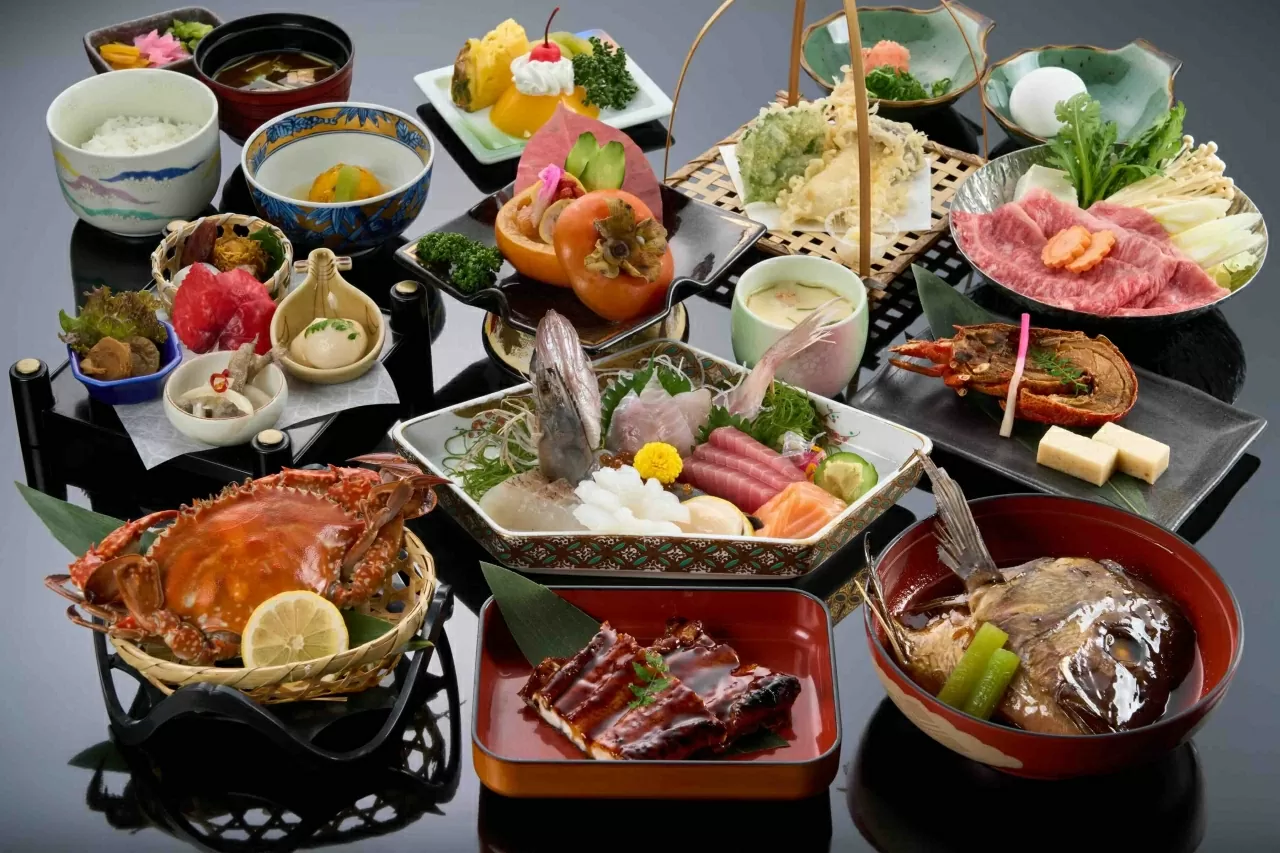
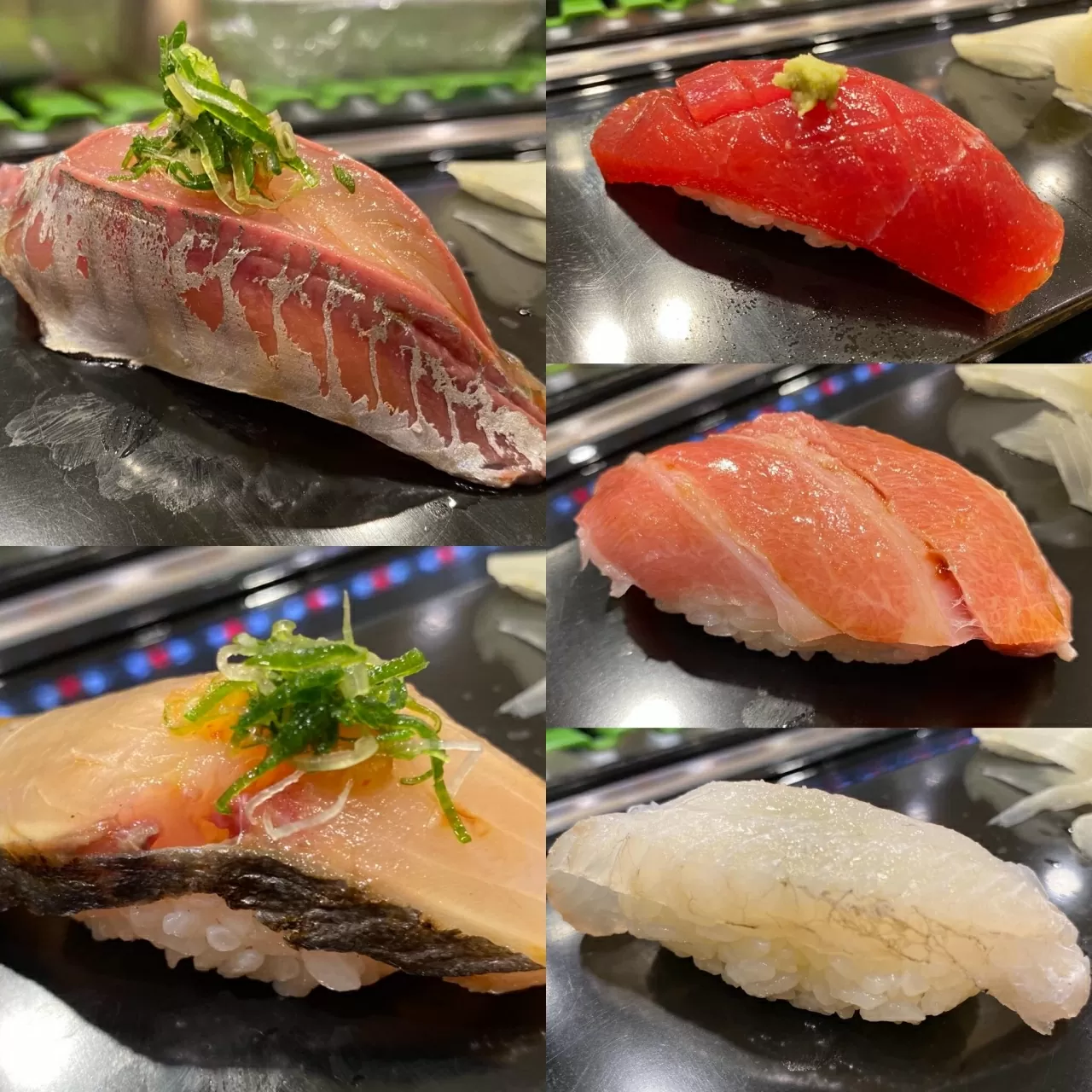
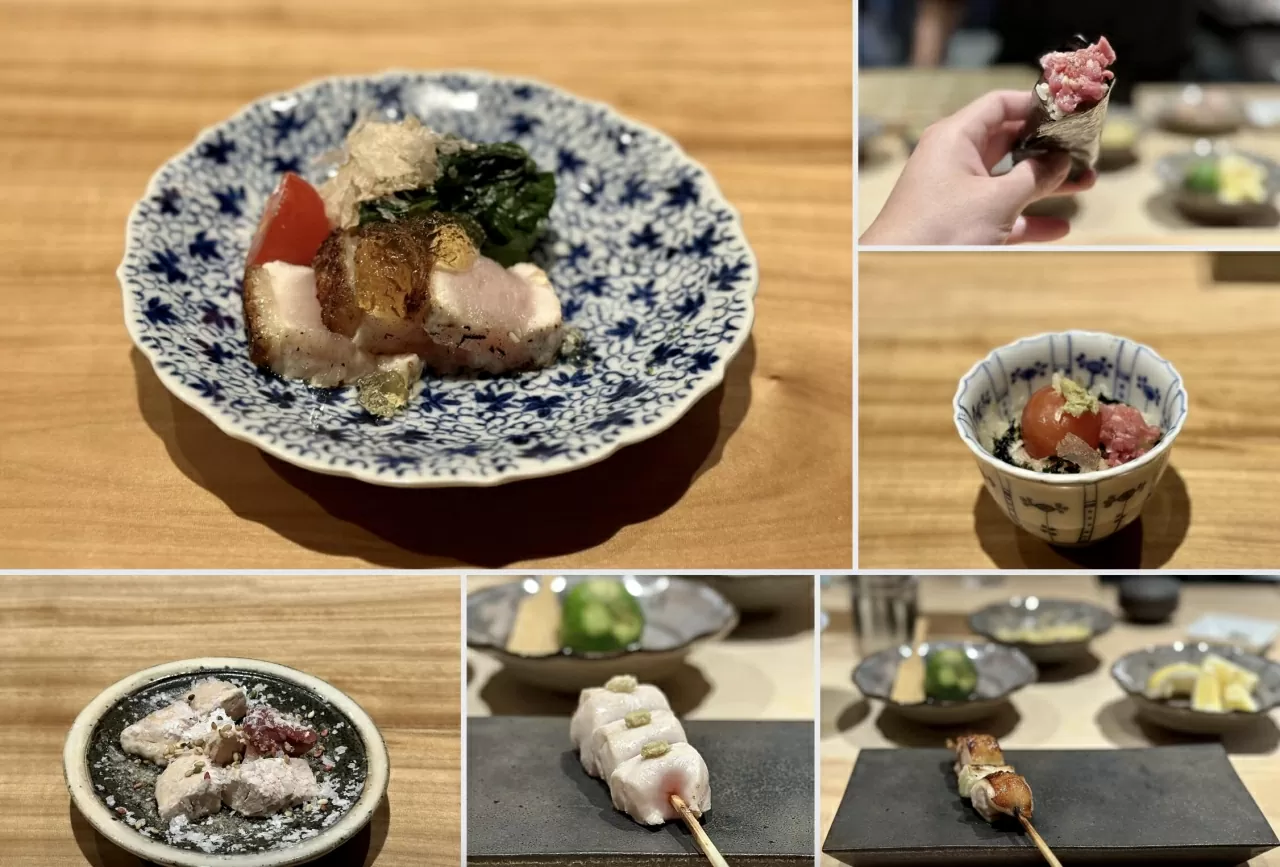
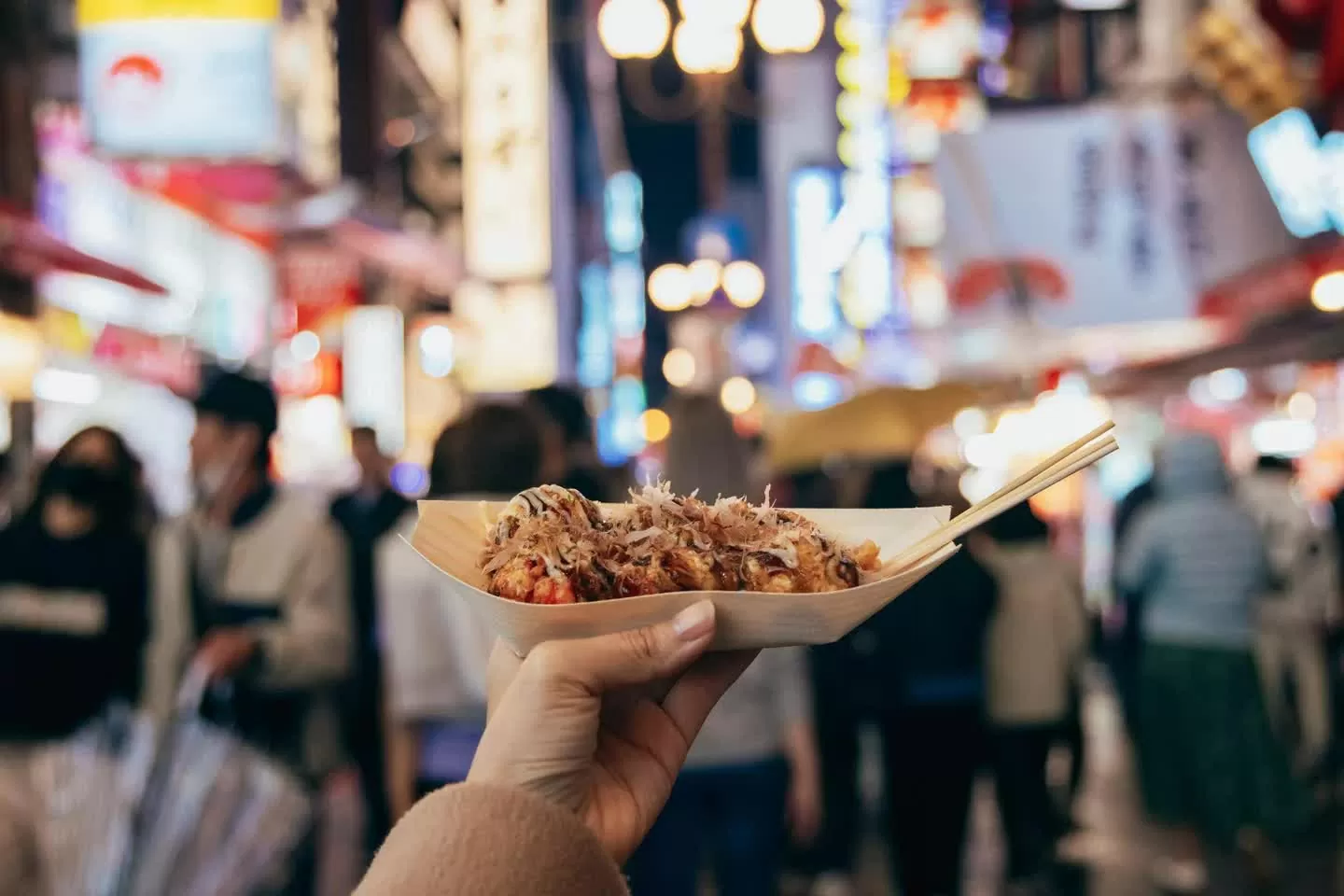
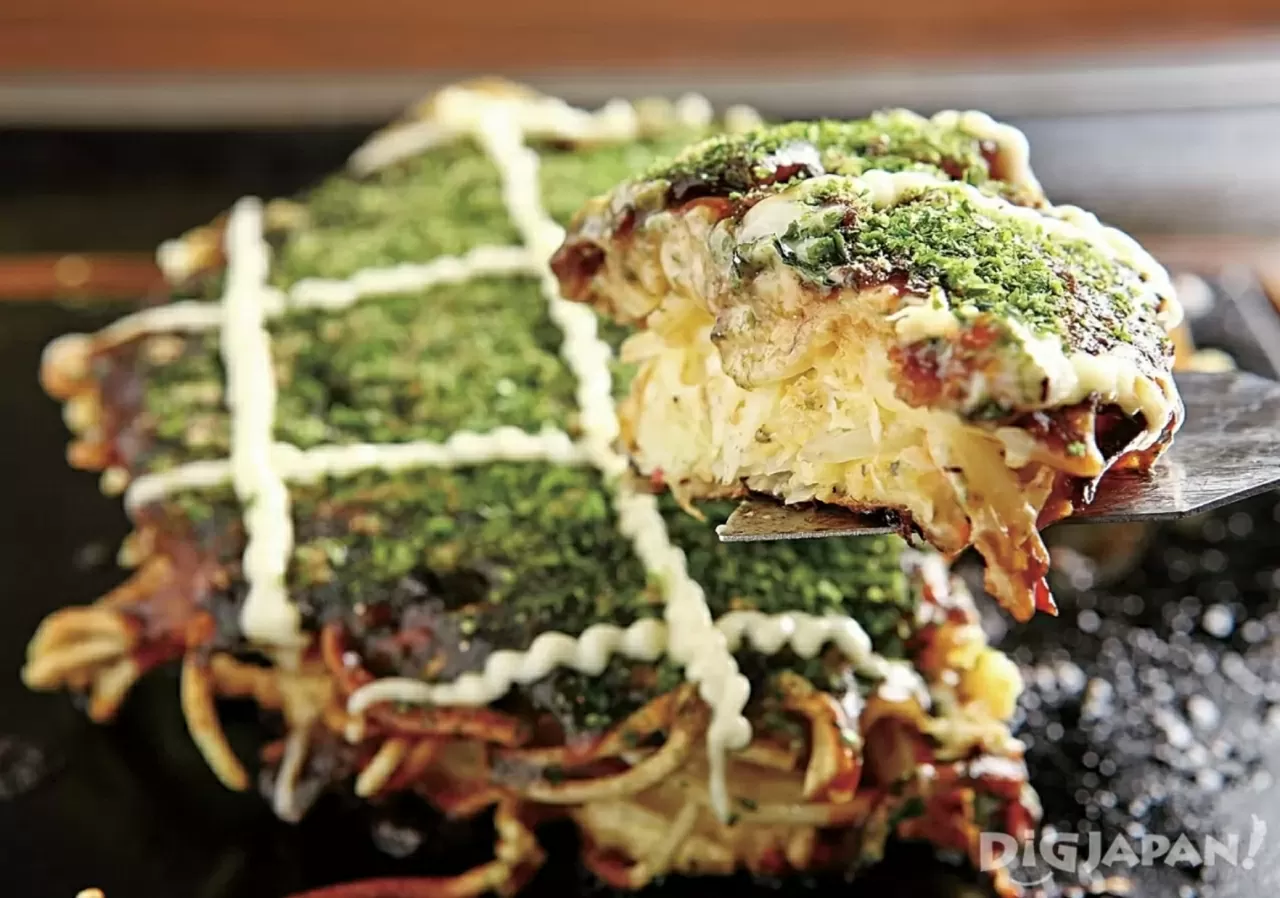
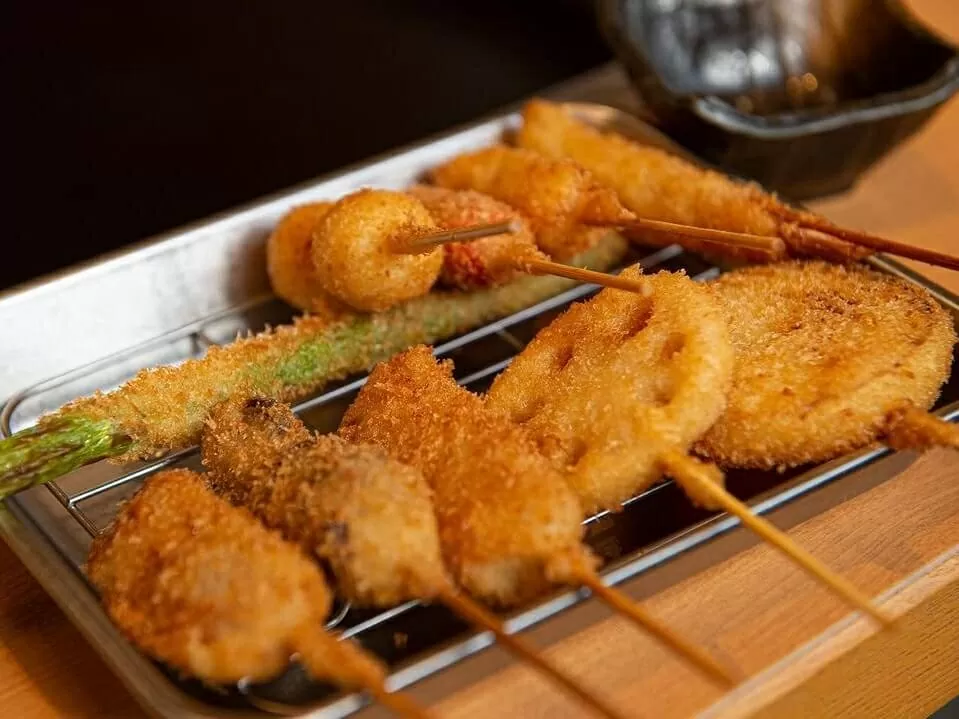
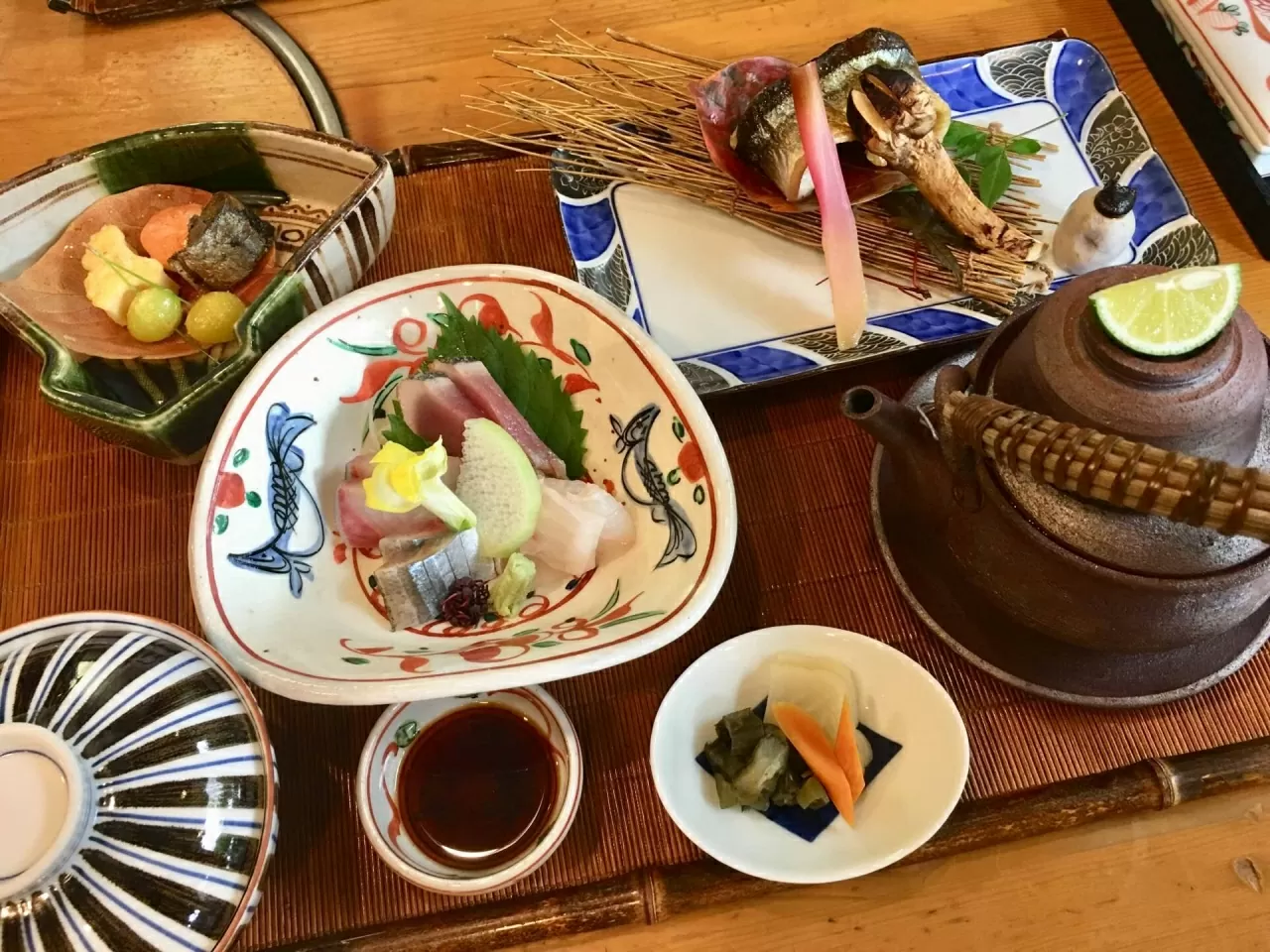
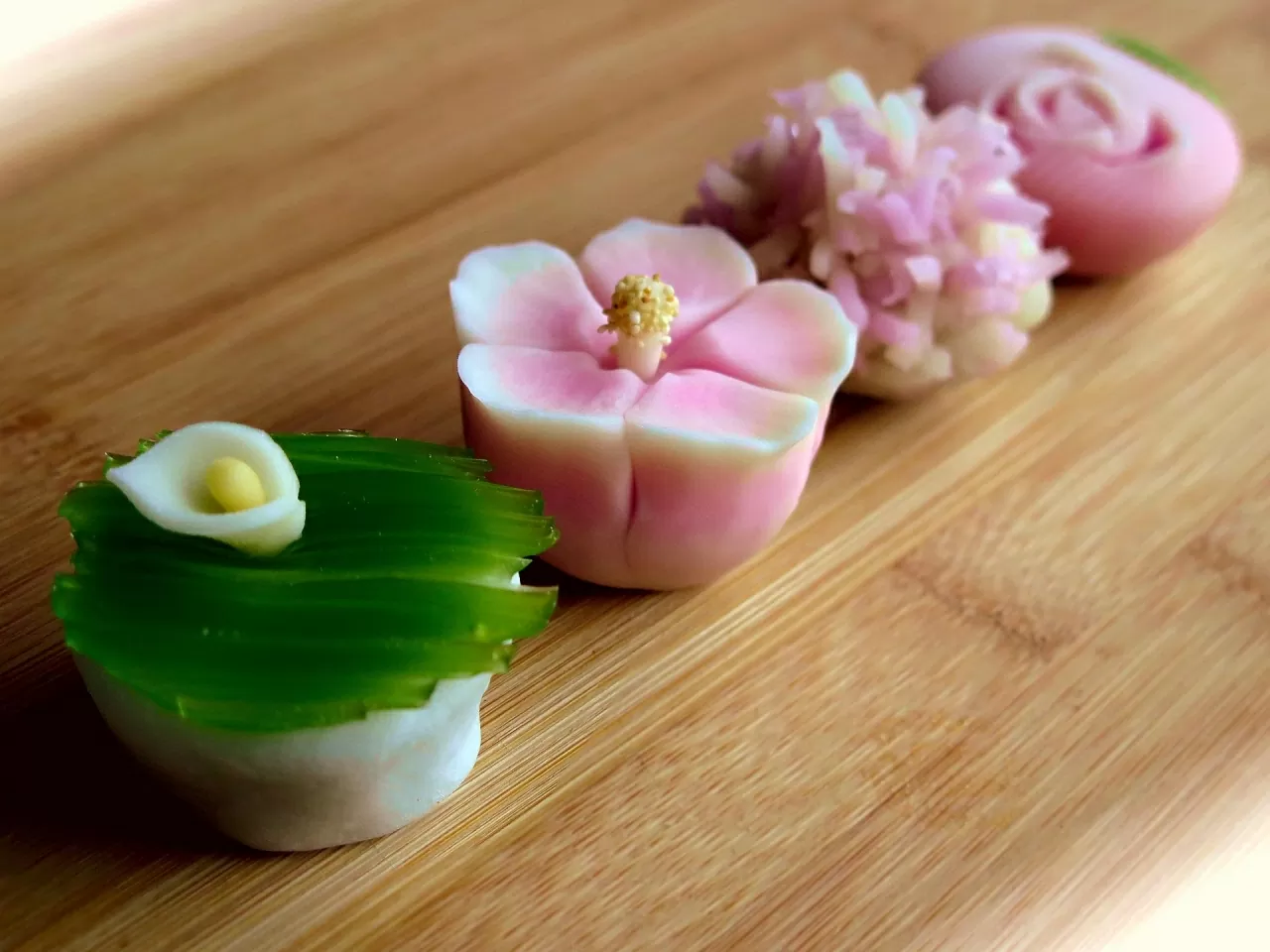
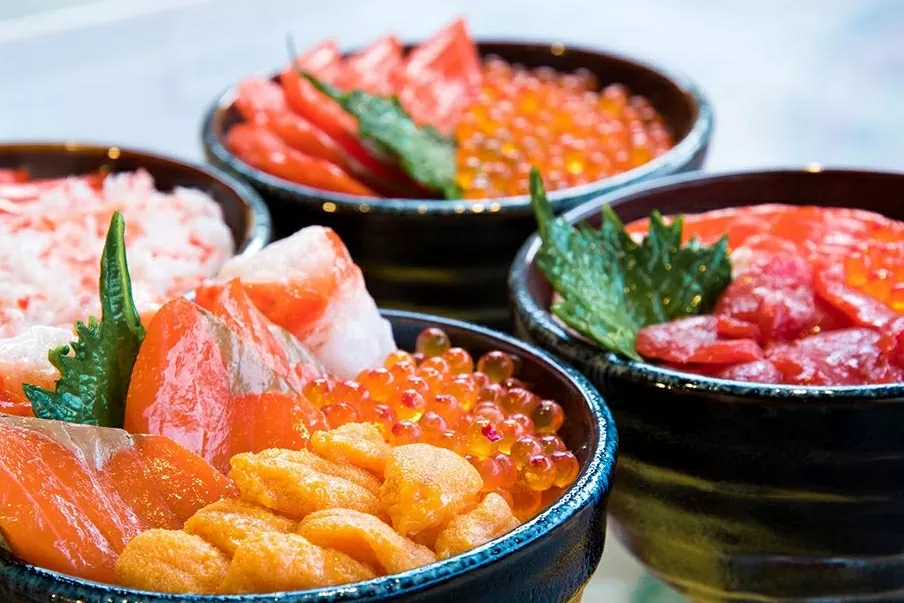
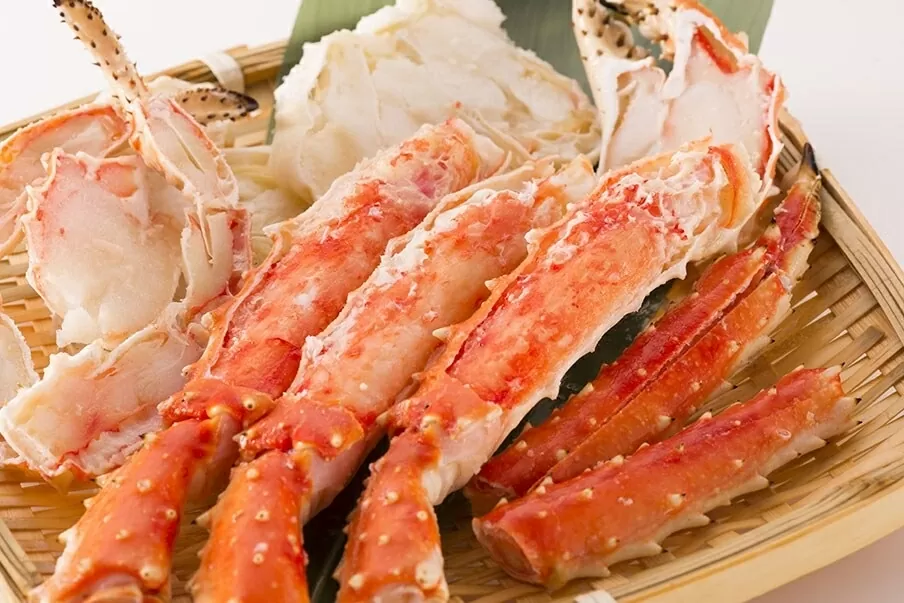
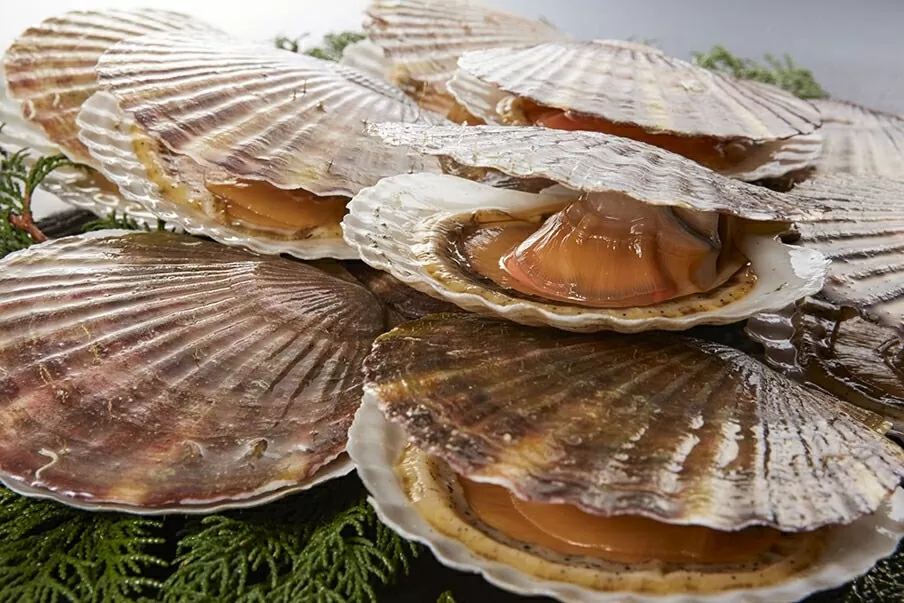
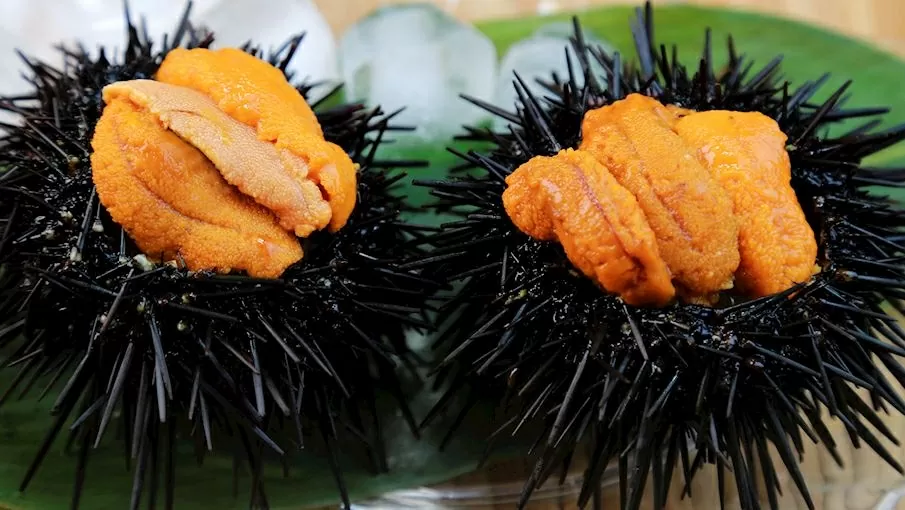
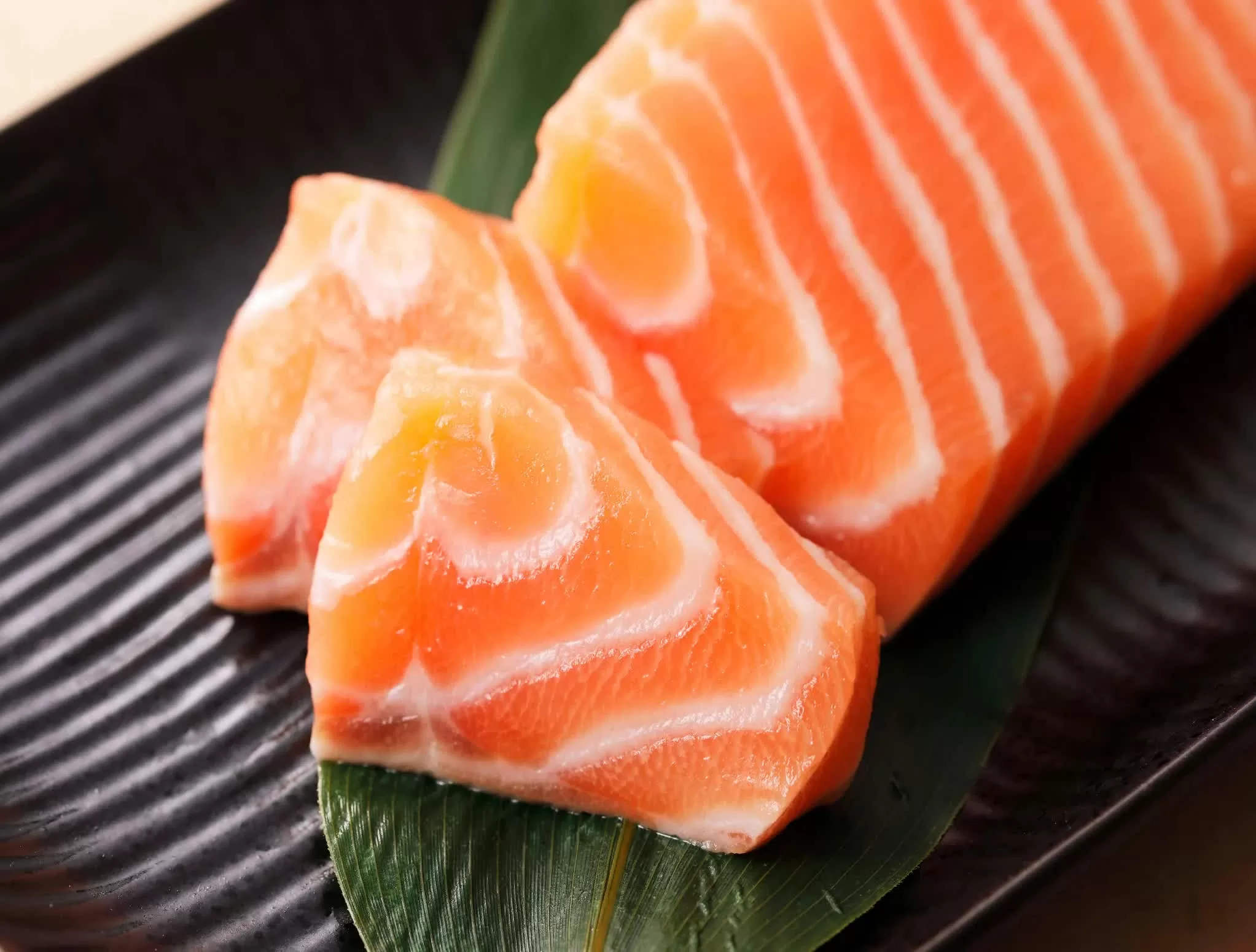
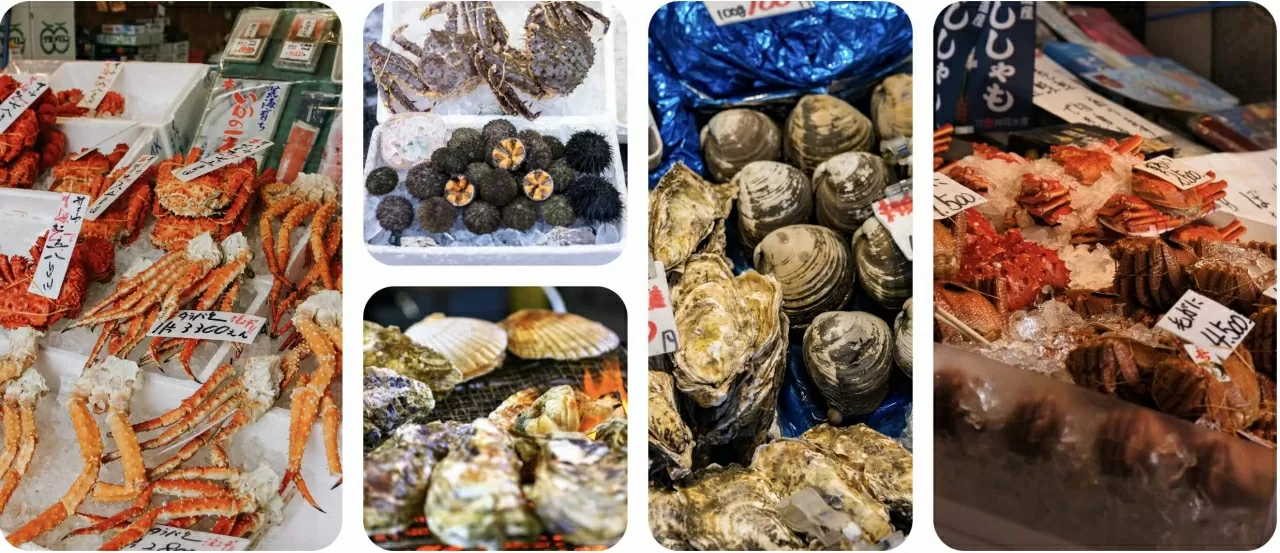
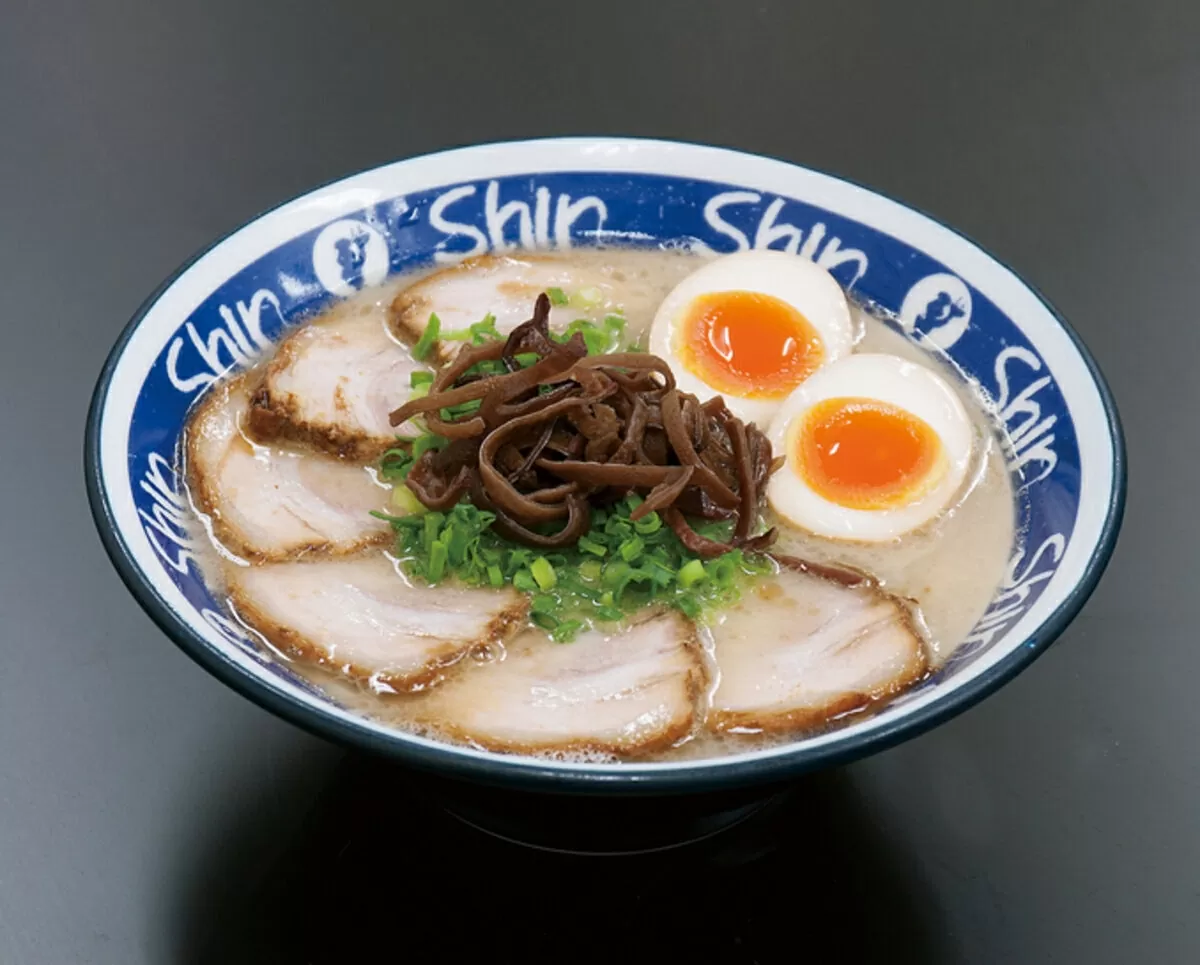
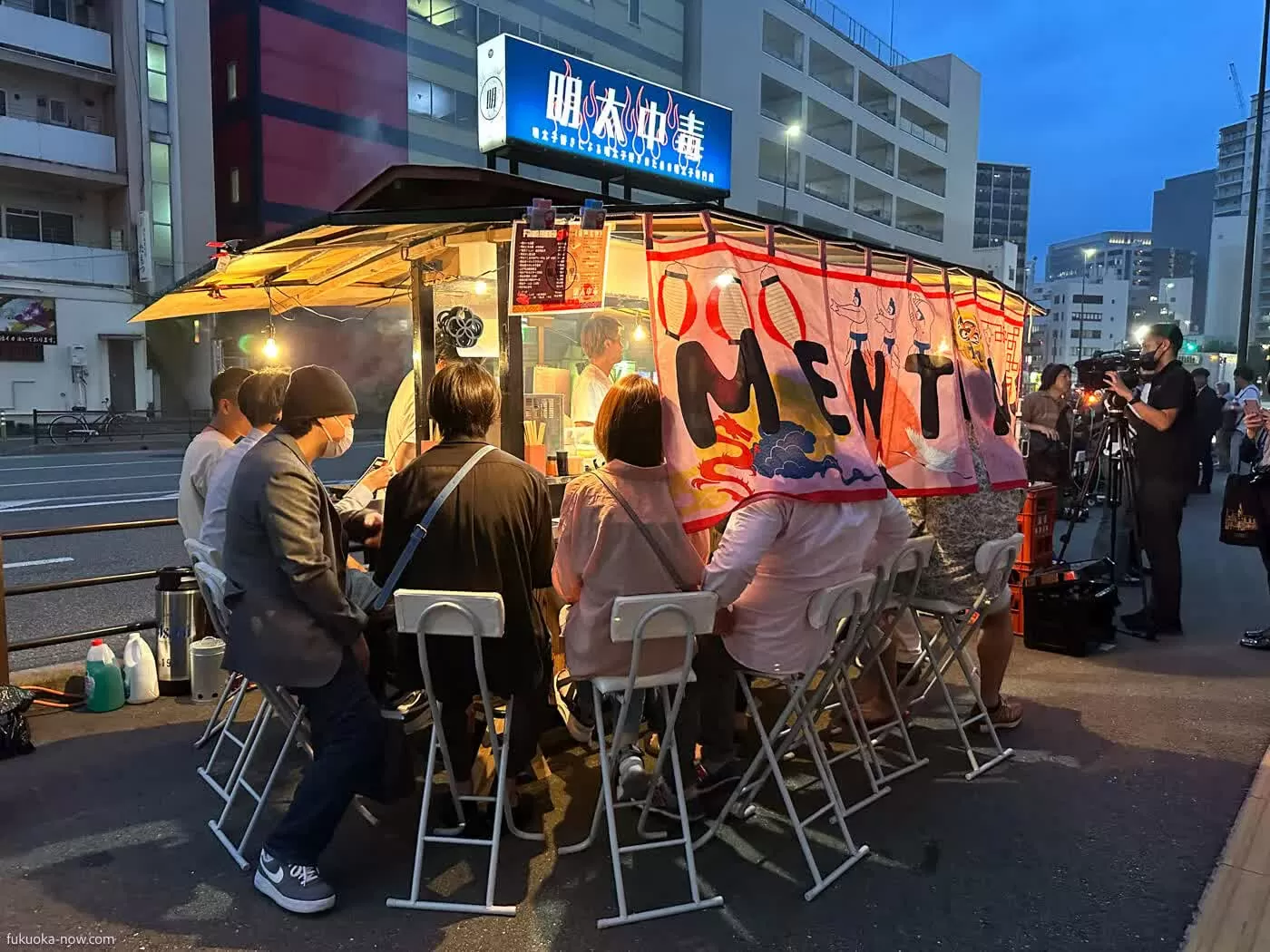
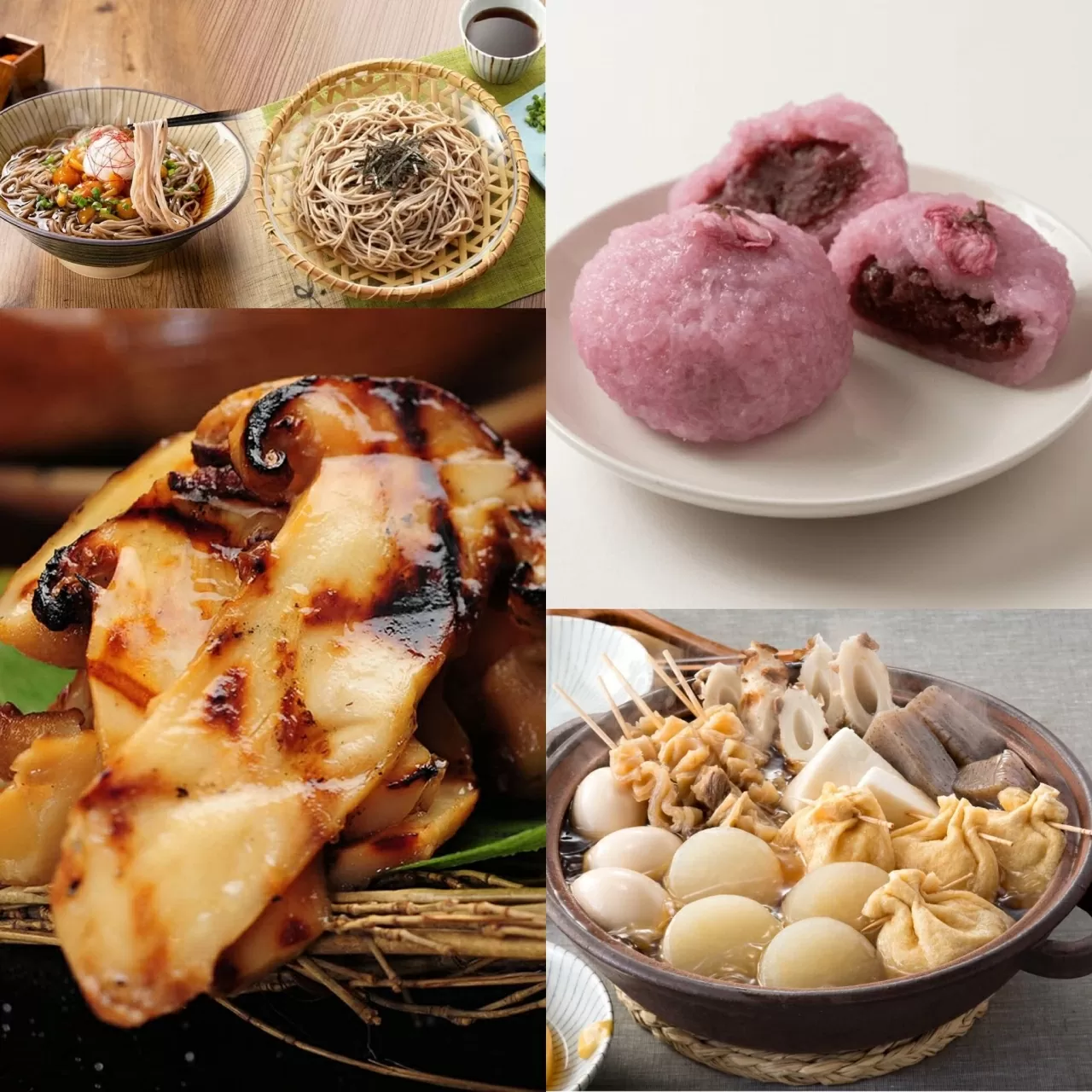
![[Photo] Ho Chi Minh City residents "stay up all night" waiting for the April 30th celebration](https://vphoto.vietnam.vn/thumb/1200x675/vietnam/resource/IMAGE/2025/4/30/560e44ae9dad47669cbc4415766deccf)
![[Photo] Hanoi is brightly decorated to celebrate the 50th anniversary of National Reunification Day](https://vphoto.vietnam.vn/thumb/1200x675/vietnam/resource/IMAGE/2025/4/29/ad75eff9e4e14ac2af4e6636843a6b53)
![[Photo] Nghe An: Bustling atmosphere celebrating the 50th anniversary of Southern Liberation and National Reunification Day](https://vphoto.vietnam.vn/thumb/1200x675/vietnam/resource/IMAGE/2025/4/29/64f2981da7bb4b0eb1940aa64034e6a7)
![[Photo] General Secretary attends special art program "Spring of Unification"](https://vphoto.vietnam.vn/thumb/1200x675/vietnam/resource/IMAGE/2025/4/29/e90c8902ae5c4958b79e26b20700a980)
![[Photo] Ho Chi Minh City: People are willing to stay up all night to watch the parade](https://vphoto.vietnam.vn/thumb/1200x675/vietnam/resource/IMAGE/2025/4/29/cf71fdfd4d814022ac35377a7f34dfd1)
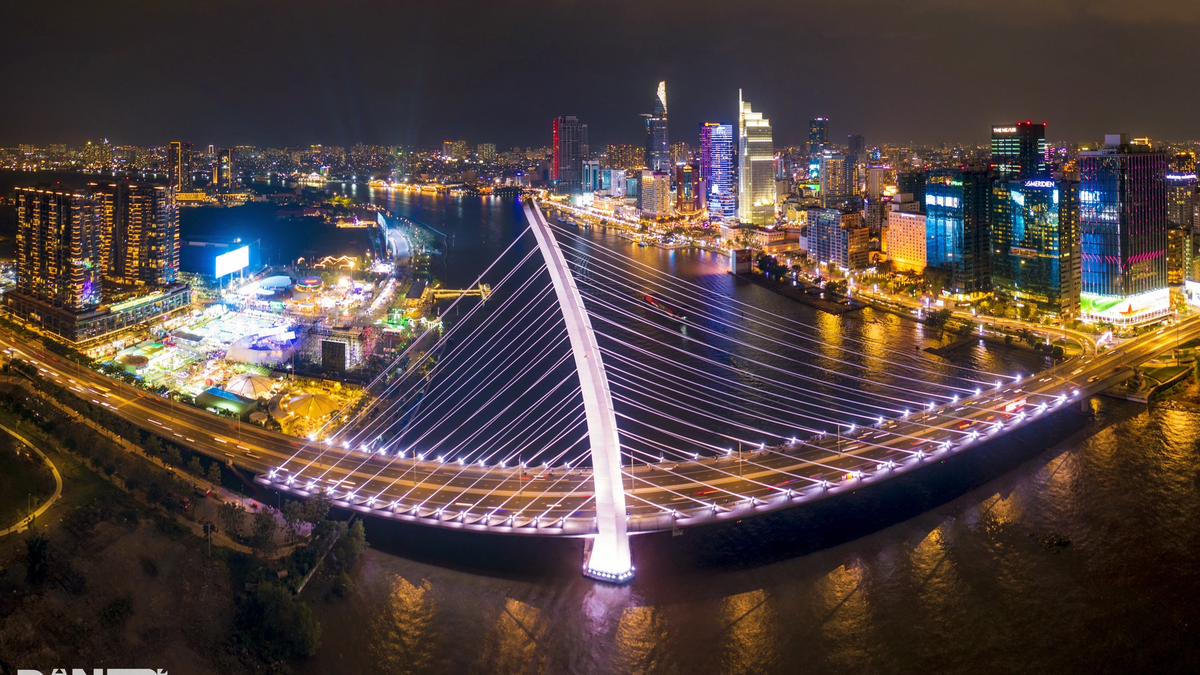









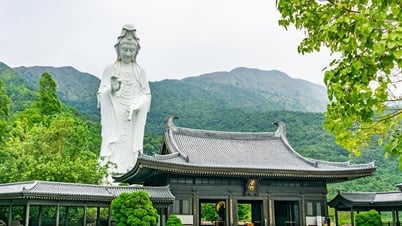
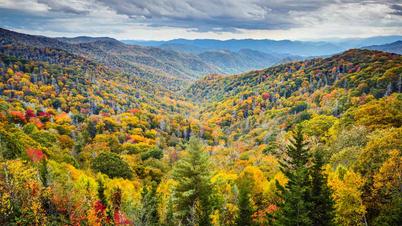


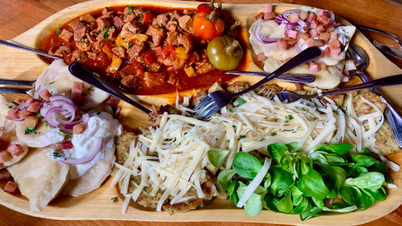











![[Photo] Prime Minister Pham Minh Chinh meets to prepare for negotiations with the United States](https://vphoto.vietnam.vn/thumb/1200x675/vietnam/resource/IMAGE/2025/4/29/76e3106b9a114f37a2905bc41df55f48)












































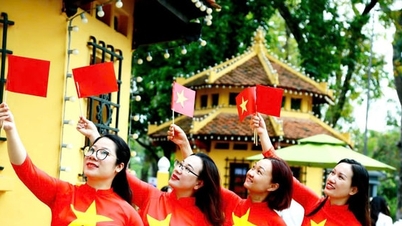



















Comment (0)